Tributes to José Rafael García Acosta
IUCN Protected Areas joins the Venezuelan members of the IUCN World Commission on Protected Areas and the entire community of Venezuela's Protected Areas in mourning for the death of agronomist José Rafael García Acosta (1926-2020), founder of the Venezuelan National Park Service and its director for 30 consecutive years and winner of the Fred Packard Award 1982.
José Rafael began his career in 1951 at the Natural Resources Directorate of the Venezuelan Ministry of Agriculture and Livestock, under the guidance of Gerardo Budowski (who went on to become IUCN Director General in 1970) and Leslie Holdridge, then a consultant to the Ministry.
Under Garcia's guidance, the first plan for Venezuela's protected areas system, conceived in 1958, was implemented. When he was assigned the task of structuring a national park management service that year, Venezuela had only two national parks and two natural monuments. With his support, Kenton Miller, former president of IUCN's World Commission on Protected Areas, completed his master's thesis on a planning proposal for Venezuela's new Canaima National Park in 1962.
Upon retirement in 1986, Garcia left his position as Director of the Venezuelan National Park Service, having achieved the creation of 25 new national parks and 11 natural monuments that structured a system that covered 8% of the country’s territory. His legacy is immense, not only in the management of protected areas, but in the research applied to the restoration of semi-deciduous forests from anthropogenic savannahs, applied at El Ávila National Park, one of the most exemplary cases of environmental restoration in the history of Venezuela. The creator of the park ranger corps and the forest firefighter corps that introduced a professional structure in forest fire prevention and combat, he almost lost his life in efforts to combat a fire in El Ávila National Park in 1964, which left him with permanent physical consequences. He was hit twice by huge fires in his early days as a park ranger, accidents that had him bedridden for a year and had to be operated on several times in the USA, an action that earned him recognition as a National Hero of Venezuela and was awarded the Order of the Liberator, as well as the National Conservation Award in 1964.
He coordinated the creation of the first marine national park in the region, Los Roques Archipelago, as Venezuela's contribution to the Second World Parks Congress in Yellowstone, 1972. His achievements in rescuing coral reef and mangrove ecosystems were unprecedented for his time, as in the case of Morrocoy National Park (1974-1978), as well as in restoring watersheds to ensure the supply of potable water for large cities, as in the case of Macarao and Guatopo National Parks. A policy of safeguarding indigenous peoples was established under his direction, which ensured that the national parks, especially in the Amazon-Guayana and Sierra de Perijá, were protected territories for Amerindian communities and cultures. Under his leadership, Venezuela played a leading role in the FAO regional network under the coordination of Kyran Thelen, maintaining excellent relations of friendship and cooperation with his peers in sister countries, especially in the management of Heliodoro Sánchez in Colombia, Mario Boza in Costa Rica, and María Tereza Jorge Pádua in Brazil, as well as a long and fruitful cooperative relationship with the United States National Park Service.
Among the many facets of the engineer, there is the fact that he was a professional soccer player until a few years ago, he retired when he was 84 years old at the end of his last tournament.
José Rafael's legacy is timeless and sets a very high standard of quality and commitment for present and future generations, not only in Venezuela but also in Latin America. His achievements were recognised during his lifetime through the prestigious Fred Packard Award given by the IUCN World Commission on Protected Areas at the Third World Parks Congress in Bali, Indonesia in 1982.
JOSÉ RAFAEL GARCÍA in Memoriam
On 26 April 2020, Jose Rafael Garcia Acosta passed away. Recognised in Venezuela as the father of the country’s national parks, "Doctor Garcia", "Viejo Garcia" (Old Garcia), and "El Quema'o" (The Burning Man) - as he was called by colleagues in the national park administration, was a cornerstone in his the country’s conservation endeavours. It didn't matter what his nickname was, because nothing has been more important than his impact, which goes beyond two generations of experts dedicated to the management of protected areas.
As a personality, Old Garcia was a tough character, with a conspicuous personality, laconic in his speech and writing, observant and hermetic in his dealings, but transparent to all people regardless of rank or status. He was silent as he passed through the corridors of his headquarters, as well as the areas of the national parks where he roamed. Returning all greetings with a leaden look was usual, and yet there was a hint of humanity about it. His role as a leader and chief encompassed enormous dimensions, and for that reason I bring here an example. In 1977, my colleague Pedro Vernet knocked on the door of Old Garcia's office to ask for his help because he was determined to dedicate his life to nature conservation. Pedro Vernet was then only 12 years old. Old Garcia guided him right away, and today Pedro is a grateful expert in sea turtle conservation. The undisputed father of such a wonderful and growing National Park system, his commitment to conservation was felt in his tireless human, technical and administrative work, which went beyond the bureaucratic. He was like a father to his disciples and in his duty, he was above all a man of the field who used his ingenuity, instinct, and determination to overcome obstacles. A communion of characteristics that gave him his greatest strength and nature.
To mould a system in his management style was a difficult endeavour involving long years of struggle, which forced him to manoeuvre between national politics, limited economic resources, the leadership of technical personnel, and a critical public opinion always maintaining a keen eye. In a country where the spearhead of such an important public sector must maintain firmness in their line of work, he was always in front, with his head held high – and knew how to say "no" to any improper act. His indomitable spirit was for the world to see, when a forest fire left him prostrate in a hospital bed. But he returned with indelible traces of the fire, and with them, he kept his position. There were no setbacks that ever made him lose his step in his role in the formation of a Venezuela that wanted to modernise itself in order to be present in the concert of nations, and participate in the construction of a model country in the region.
Although I do not think he conceived it as his primary goal himself, it was as if such an effort was tied to his character. Perhaps without thinking about it, his work turned out to be an example for other national park systems across South America. Always advancing as a pioneer, he had the vision to promote the creation of the first marine national park for Venezuela, "Los Roques", an achievement at the international level that he reported to the Second World Conference on National Parks in 1972 (Yellowstone, USA), as Venezuela's contribution to the celebrations.
These are not simply isolated events, but also a reflection of his hard work in the field. For example, in mid-1959, as an agricultural engineer, he had already carried out reforestation work on the degraded slopes of El Avila mountain. There, by way of trial and error, he experimented with fast-growing species, including Eucalyptus, in the recently created national park, when the side effects of that tree had not yet been reported. Because he set his goal to immediately control forest fires, trying to cover the anthropogenic savannas now covered by fire-sensitive vegetation. Where the herb Melinis minutiflora stands out, it is probably the worst invasive plant that has negatively influenced the ecology of entire landscapes in northern South America (W. Meier, pers. comm.). And in this effort, Old Garcia discovered that he had a native tree there, Oyedaea verbesinoides, perhaps the most important native species in Avila National Park. From this success he published his technical report on this species as a pioneer in reforestation (García J.R. & C.M. Rávago, 1960, Ministerio de Agricultura y Cría, Direcc. Rec, Nat.).
He attended the Third World Congress on National Parks in Bali, Indonesia in 1982, where he was awarded the Fred M. Packard Award for his outstanding service to protected and conserved areas. Other awards received by José Rafael García Acosta were the Order of the Liberator (Venezuela, 1964), the Order of Orange-Nassau (the Netherlands, 1977), the Henri Pittier Order of Merit to Conservation, 1st Class (Venezuela, 1981), and the Order of the Golden Ark (the Netherlands, 1984).
In 1986, after 30 years of management, he went into retirement. At that time the national park system had 26 national parks. José Rafael García knew that his work was dedicated to a pulsating natural world. His work and life were, as if they were taken from the hands of conservationists of the stature of a John Muir, a combination of creating awareness of the need to protect nature, coupled with the ability to convince the political world to create protected natural areas.
In his eight decades years of life, he could be found climbing some of the highest peaks of El Ávila, the mountain that had become his passion. But the biology of every living being is limited, and step by step, the blue flame was extinguished, the light that illuminated a path that he himself blazed through his own blood, sweat, and tears - full of glories, for national parks.
- Rafael Garcia (Venezuela), 01 May 2020

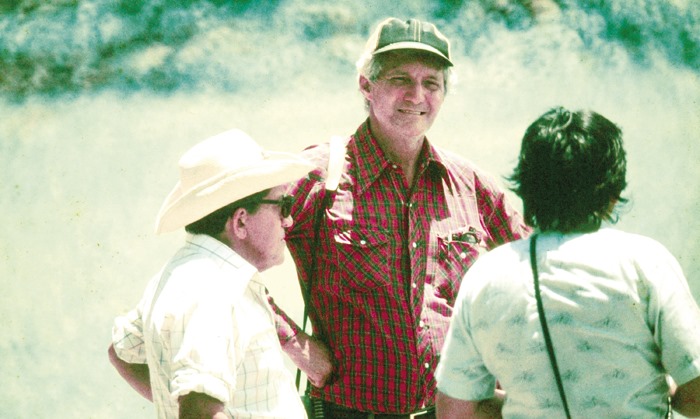
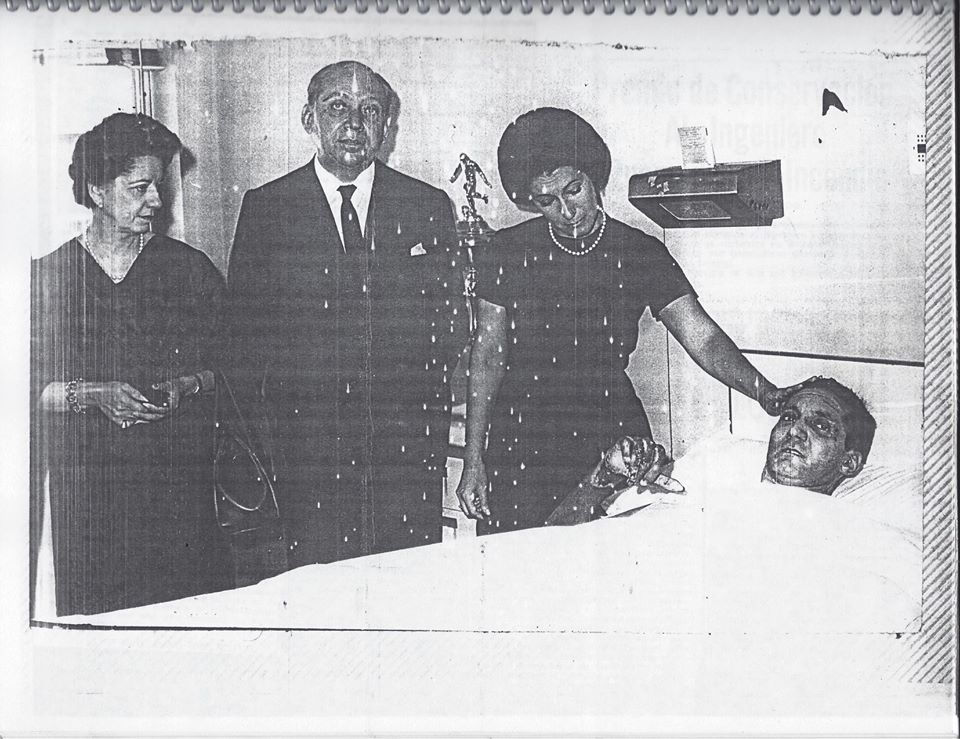
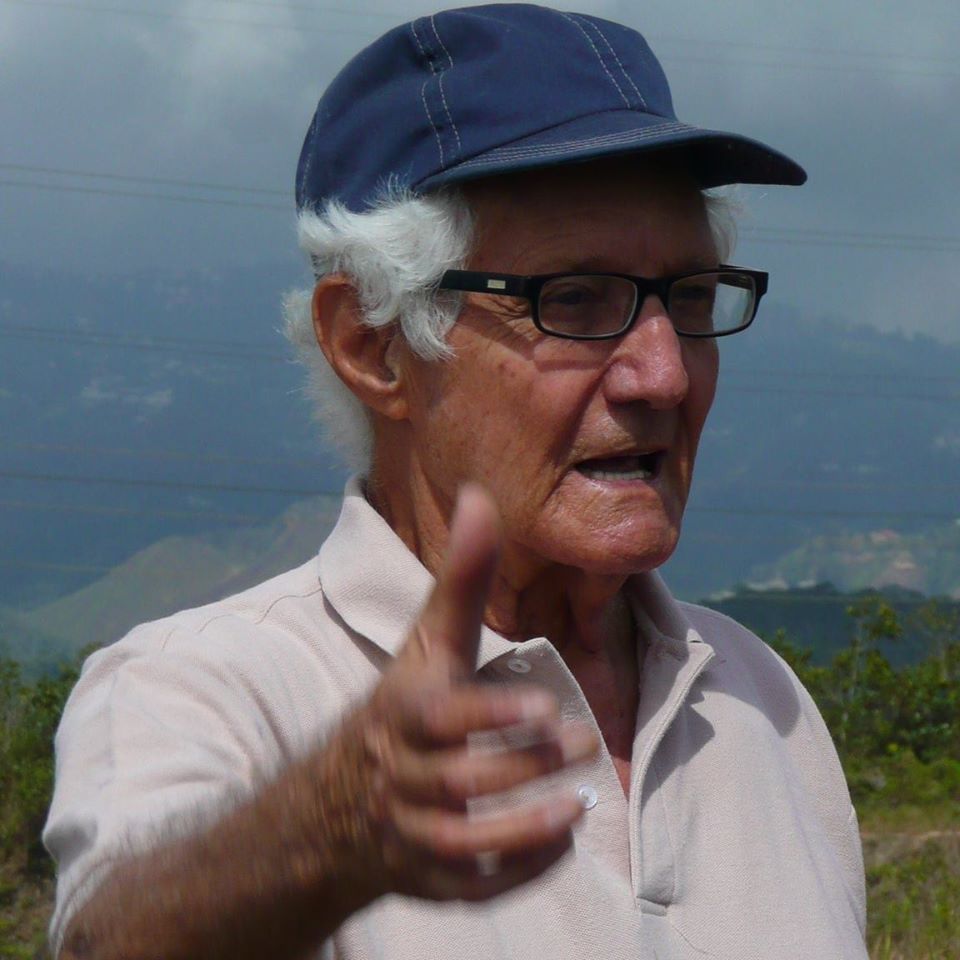
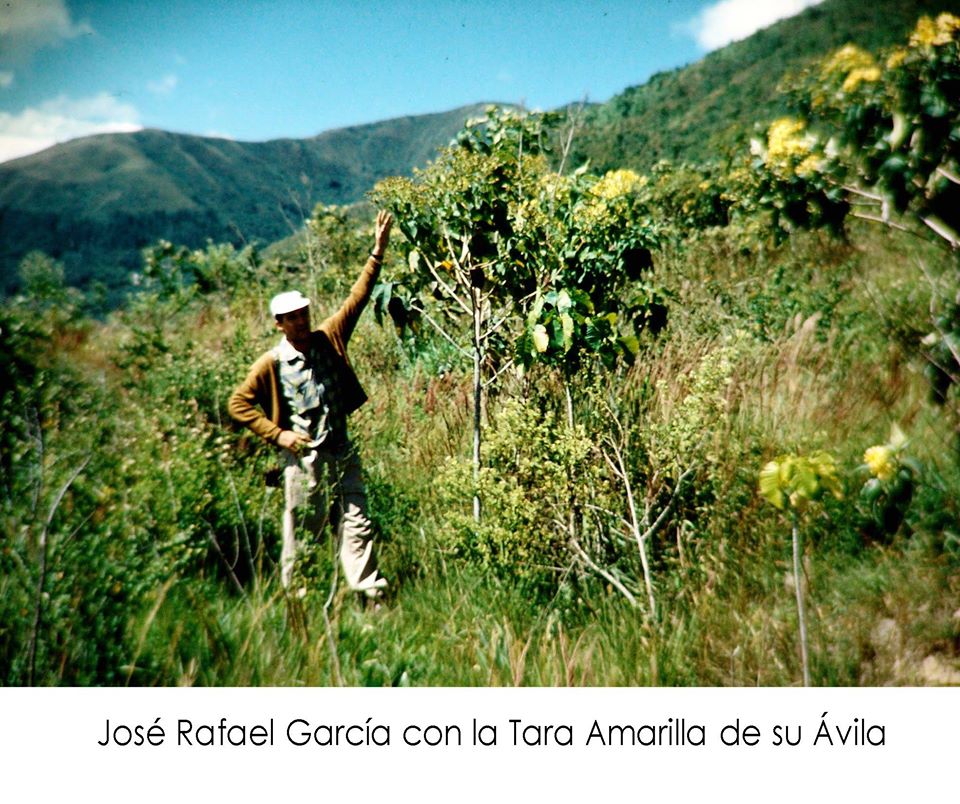
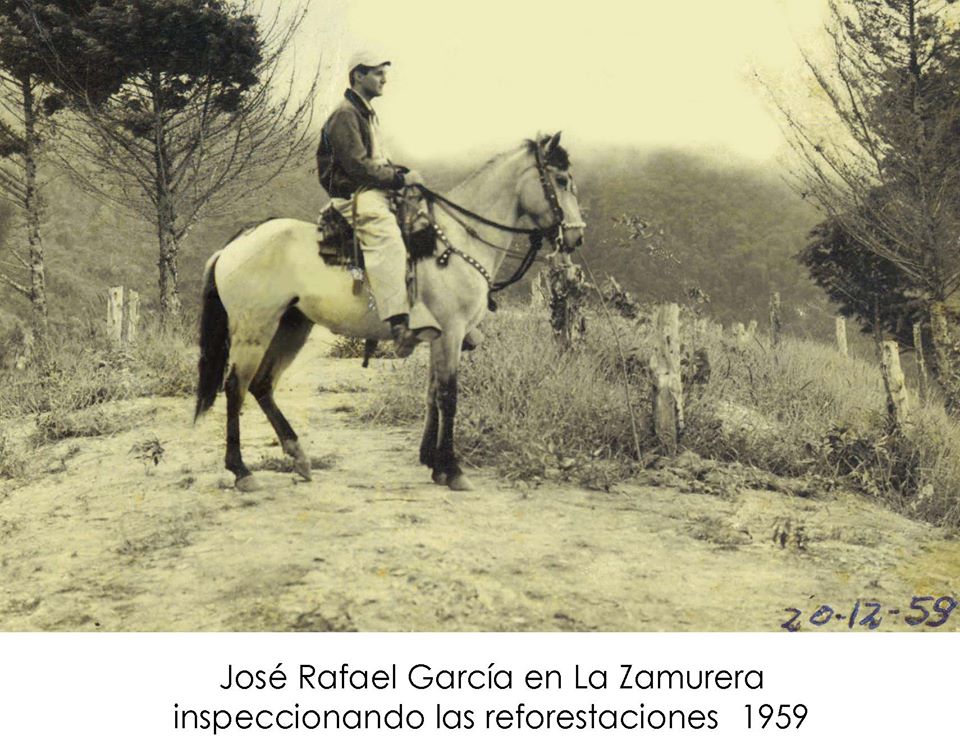
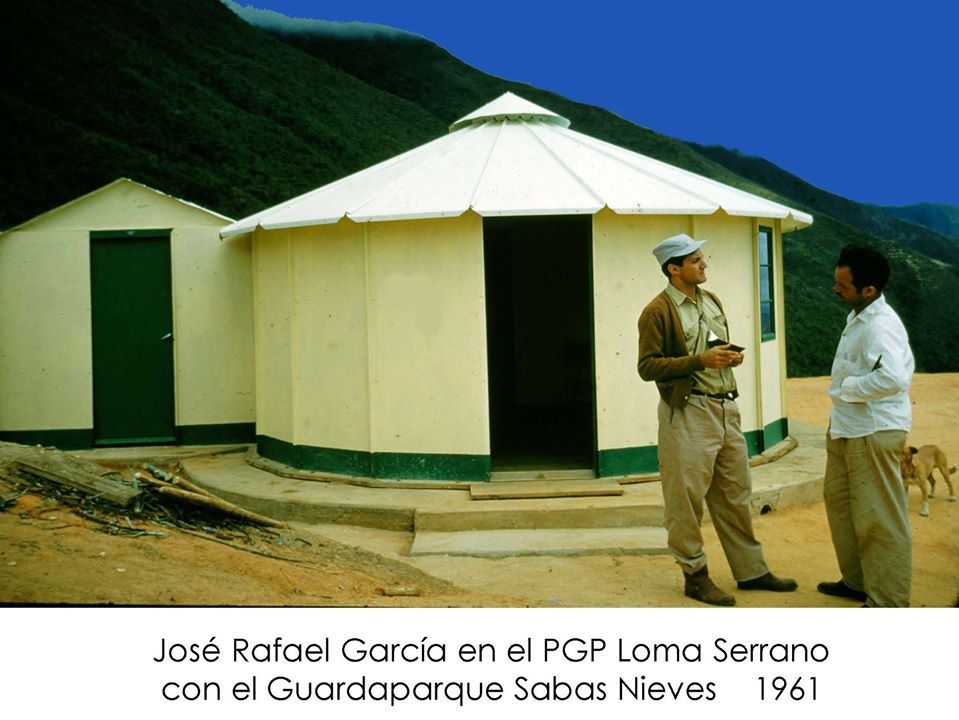
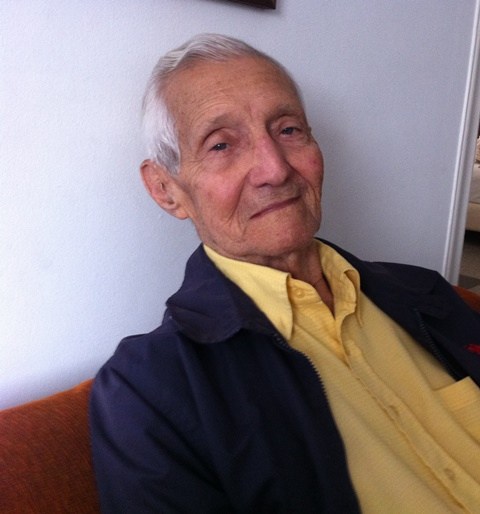




Conservacionista
Les agradezco enormemente esta publicación. Gracias a la larga amistad de mi padre, quien fue además de compadre, compañero de colegio de José Rafael, pude conocer la gran mayoria de los parques nacionales en Venezuela. Gracias a la Vieja García, no Viejo, como se indica, se despertó en mí la vena conservacionista. Saludos cordiales desde Australia
Add new comment